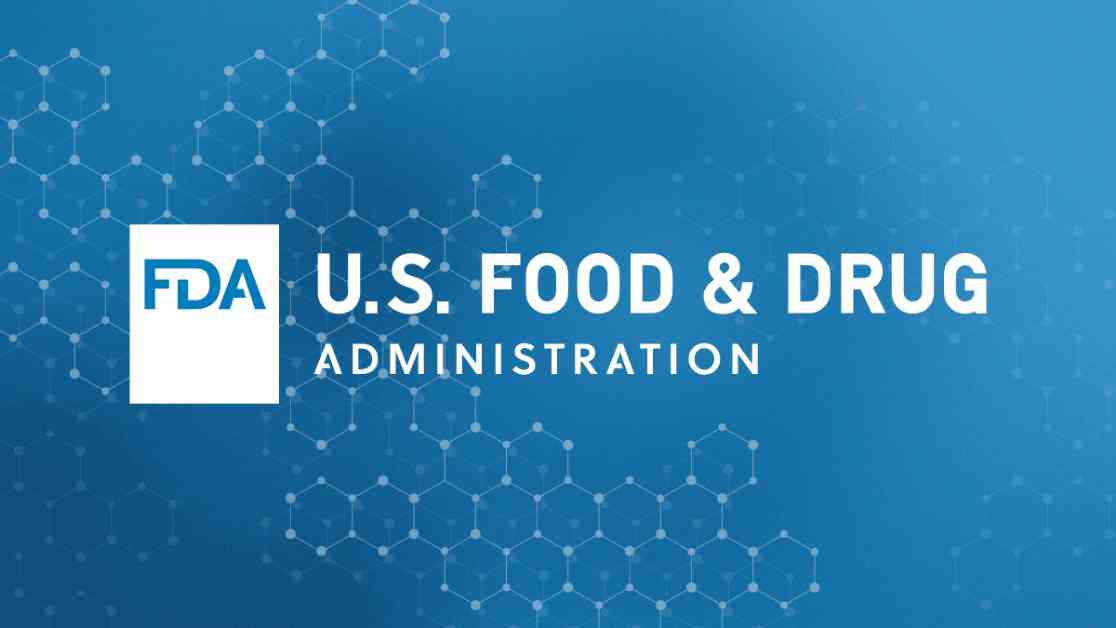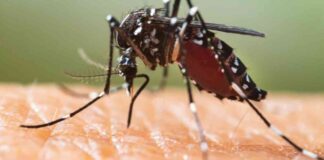Intentional Genomic Alterations (IGAs) in animals refer to changes made to an animal’s DNA using modern molecular technologies. These alterations can include targeted DNA sequence changes like insertions, substitutions, or deletions, among others. Common terms for these technologies include genetic engineering and genome editing.
IGAs in animals are being developed for various purposes such as biopharmaceuticals, research, xenotransplantation, companion animal therapies, disease resistance, and food production. These alterations can help animals produce specific substances for pharmaceutical use, make them more susceptible to diseases for research purposes, or improve their resistance to diseases.
Regulation of IGAs in animals is essential to ensure the safety and effectiveness of these alterations. The FDA’s regulatory system is science-based and assesses the risks associated with each product. The agency evaluates the potential risks to the environment under the National Environmental Policy Act (NEPA) for IGAs seeking approval.
Animal clones differ from IGAs in animals as clones are copies of conventionally-bred animals without intentional genetic alterations. FDA oversees IGAs in animals intended for food or pharmaceutical use through premarket oversight, tailored to the specific risks and intended uses of the products.
FDA evaluates the health effects of IGAs on animals during the review process. Food from animals with IGAs can enter the food supply after FDA approval, with appropriate labeling requirements under the National Bioengineered Food Disclosure Standard or USDA regulations.
Environmental effects of IGAs in animals are considered during FDA’s review process, with assessments tailored to each case. While some IGAs are already on the market, FDA ensures that these alterations are safe for animals, humans, and the environment.
IGAs in animals do not necessarily change the physical appearance of animals, except for specific alterations like the GloFish. Most IGAs are heritable, meaning they are passed on to offspring, while others are non-heritable, designed not to be inherited.
FDA’s review process for approving IGAs in animals includes product definition, molecular and phenotypic characterization, durability plan, and environmental and food safety assessment. The agency informs the public about new approvals and decisions regarding IGAs in animals through publications in the Federal Register, the Code of Federal Regulations, and on its website.
Overall, understanding IGAs in animals involves comprehensive assessments of safety, effectiveness, and environmental impact to ensure responsible development and use of genomic alterations in animal breeding and production.

















